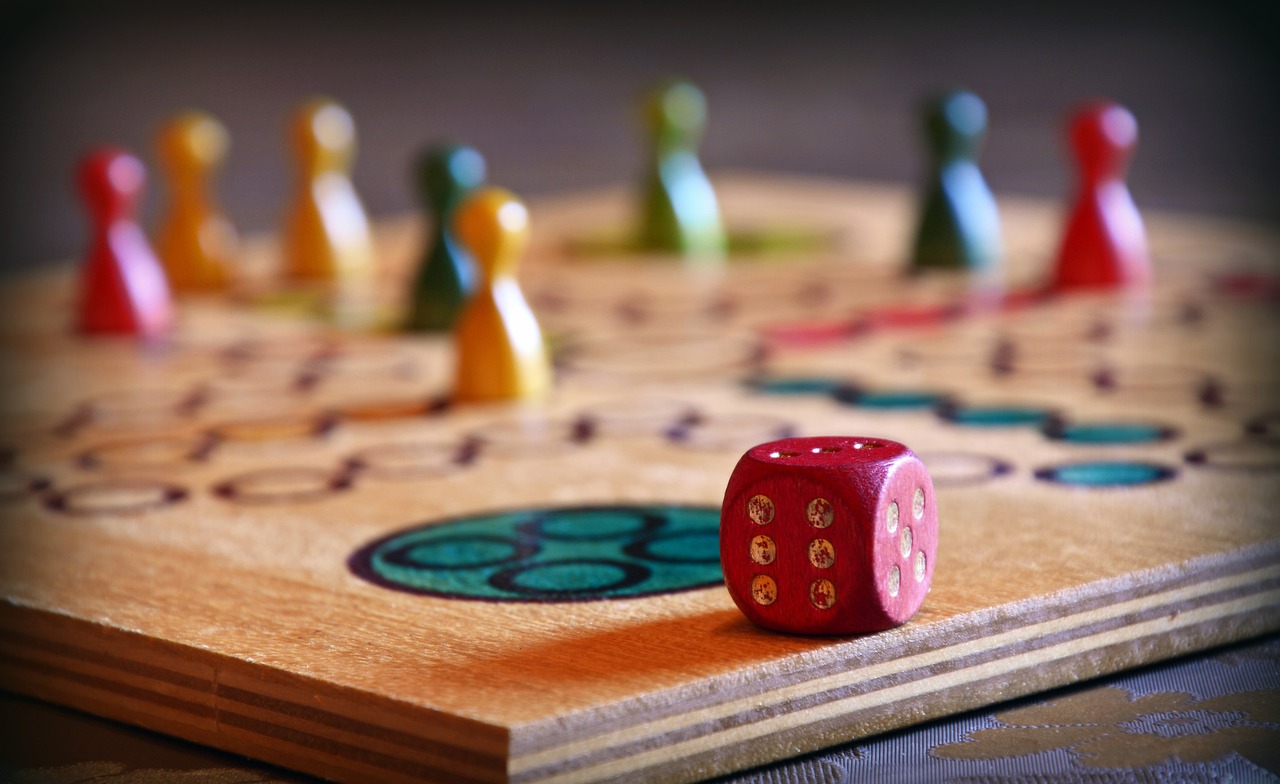Solving crossword puzzles challenges the mind and vocabulary, but occasionally, the clues can be enigmatic. One such clue that often stumps enthusiasts is “ability to show restraint.” Delving into the realm of self-discipline, the answer SELFDISCIPLINE encapsulates a world of virtue and strength. In this exploration, we’ll unravel the intricate layers of self-discipline, understanding its importance, benefits, and strategies. From psychological perspectives to real-world applications, this article aims to shed light on the profound significance of mastering the art of restraint.

Understanding Self-Discipline
Self-discipline is a cornerstone of personal development. It’s the ability to control one’s impulses, emotions, and behaviors, especially in challenging situations. This crucial trait empowers individuals to resist temptation, overcome procrastination, and stay focused on long-term goals. Psychologically, it’s intertwined with willpower, a mental muscle that, like physical strength, can be developed and honed over time.
The Psychological Aspect
Numerous studies in psychology emphasize the importance of self-discipline. Research conducted by psychologist Walter Mischel, famously known as the Marshmallow Experiment, demonstrated how children displaying self-discipline by resisting the immediate temptation of a marshmallow in favor of a larger reward later exhibited better life outcomes in areas like academic achievement and health.
Additionally, renowned psychologist Angela Duckworth introduced the concept of grit, a combination of passion and perseverance, as a key determinant of success. Grit relies heavily on self-discipline, showcasing its pivotal role in achieving long-term goals and overcoming obstacles.
Benefits of Self-Discipline
- Achieving Goals: Self-discipline provides the necessary focus and determination to set and achieve goals. Whether in academics, career, or personal life, individuals with self-discipline are better equipped to stay on track and accomplish what they set out to do.
- Improved Mental Health: The ability to control negative impulses and emotions contributes significantly to mental well-being. Self-disciplined individuals are often more resilient in the face of adversity and can manage stress and anxiety effectively.
- Enhanced Productivity: People with self-discipline tend to be more organized and productive. They can prioritize tasks, avoid distractions, and maintain concentration, leading to increased efficiency in their work and daily lives.
- Better Decision Making: Self-discipline fosters rational thinking and sound decision-making skills. By resisting impulsive choices, individuals can evaluate situations more objectively, leading to wiser decisions in various aspects of life.
- Building Good Habits: Self-discipline is instrumental in cultivating positive habits. Whether it’s exercise, healthy eating, or consistent studying, the ability to show restraint paves the way for building habits that contribute to overall well-being.
Strategies for Developing Self-Discipline
- Set Clear Goals: Clearly defined goals provide a roadmap for self-discipline. When individuals have a clear vision of what they want to achieve, it becomes easier to stay disciplined and focused on the necessary steps to reach those goals.
- Practice Mindfulness: Mindfulness techniques, such as meditation and deep breathing, enhance self-awareness and self-control. These practices enable individuals to observe their thoughts and impulses without judgment, making it easier to resist negative temptations.
- Develop Healthy Routines: Establishing regular routines and schedules helps in reinforcing self-discipline. Daily habits create a structured environment, reducing the likelihood of succumbing to impulsive behaviors.
- Stay Accountable: Being accountable to oneself or others can significantly boost self-discipline. Sharing goals and progress with a mentor, coach, or a supportive friend creates a sense of responsibility, motivating individuals to stay disciplined in their pursuits.
- Practice Delayed Gratification: Delaying immediate rewards for more substantial, long-term gains is a fundamental aspect of self-discipline. Engaging in activities that require patience and perseverance, such as learning a musical instrument or pursuing higher education, strengthens this trait.
Real-Life Applications
Self-discipline finds application in various aspects of life, from education to professional endeavors and personal relationships.
- Education: In academic settings, self-discipline is the key to consistent studying, completing assignments on time, and preparing effectively for exams. Students who cultivate self-discipline excel academically and are better prepared for future challenges.
- Career Advancement: In the professional world, self-discipline is highly regarded. Individuals who demonstrate discipline by meeting deadlines, maintaining a strong work ethic, and continuously improving their skills often advance in their careers and earn the respect of their peers and superiors.
- Financial Management: Self-discipline is crucial in managing finances responsibly. It involves budgeting, saving, and making prudent financial decisions. People with financial self-discipline are less likely to succumb to impulsive spending, ensuring long-term financial stability.
- Healthy Lifestyle: Maintaining a healthy lifestyle requires significant self-discipline. From regular exercise and balanced nutrition to adequate sleep, individuals must exercise restraint over unhealthy habits to promote overall health and well-being.
- Interpersonal Relationships: Self-discipline plays a vital role in interpersonal relationships. It involves controlling emotional reactions, practicing active listening, and resolving conflicts calmly and constructively. In romantic relationships, self-discipline fosters trust, understanding, and a strong emotional connection.
Conclusion
In the intricate tapestry of human virtues, self-discipline stands tall as a beacon of strength and resilience. Mastering the art of restraint not only enriches individual lives but also contributes positively to society as a whole. Through psychological insights, real-world applications, and practical strategies, this article has shed light on the profound significance of self-discipline.
SELFDISCIPLINE, the answer to the enigmatic crossword clue, embodies the essence of this virtue. As individuals continue to explore the depths of their own self-discipline, they embark on a transformative journey toward personal growth, success, and fulfillment. So, the next time you encounter a challenging crossword clue, remember the profound meaning behind those letters – a testament to the enduring power of self-discipline in the face of life’s myriad challenges.




